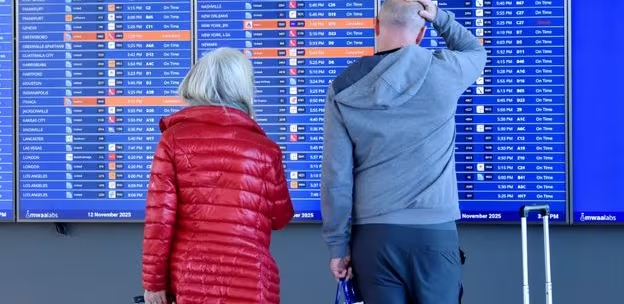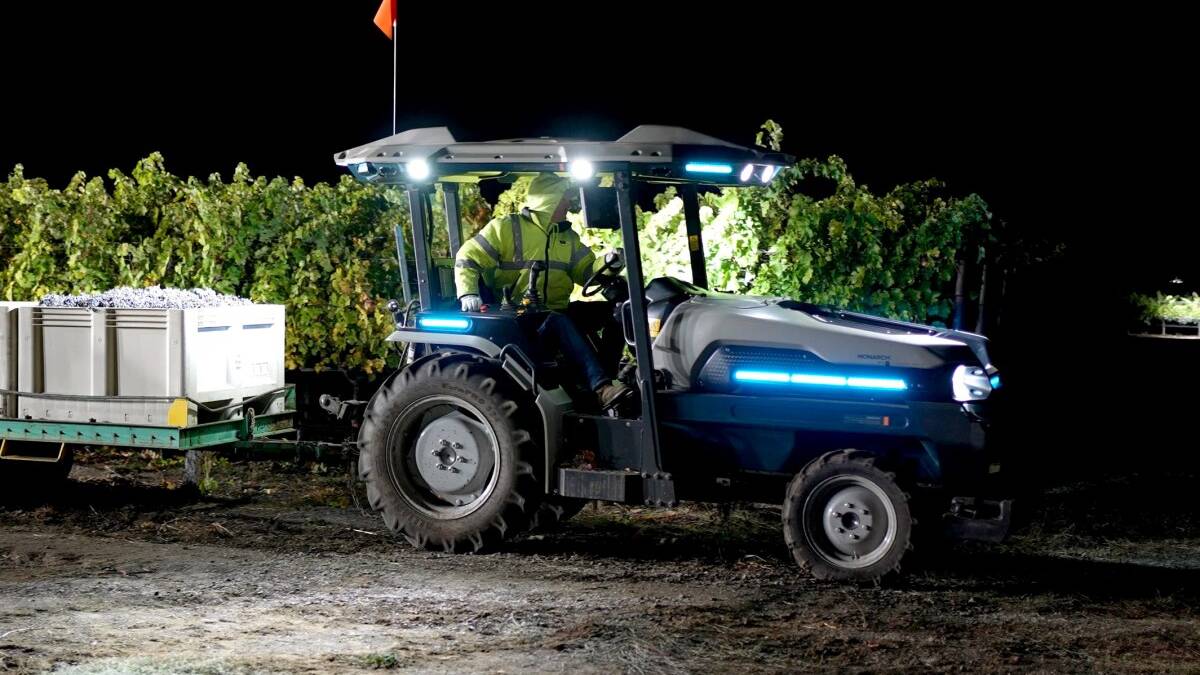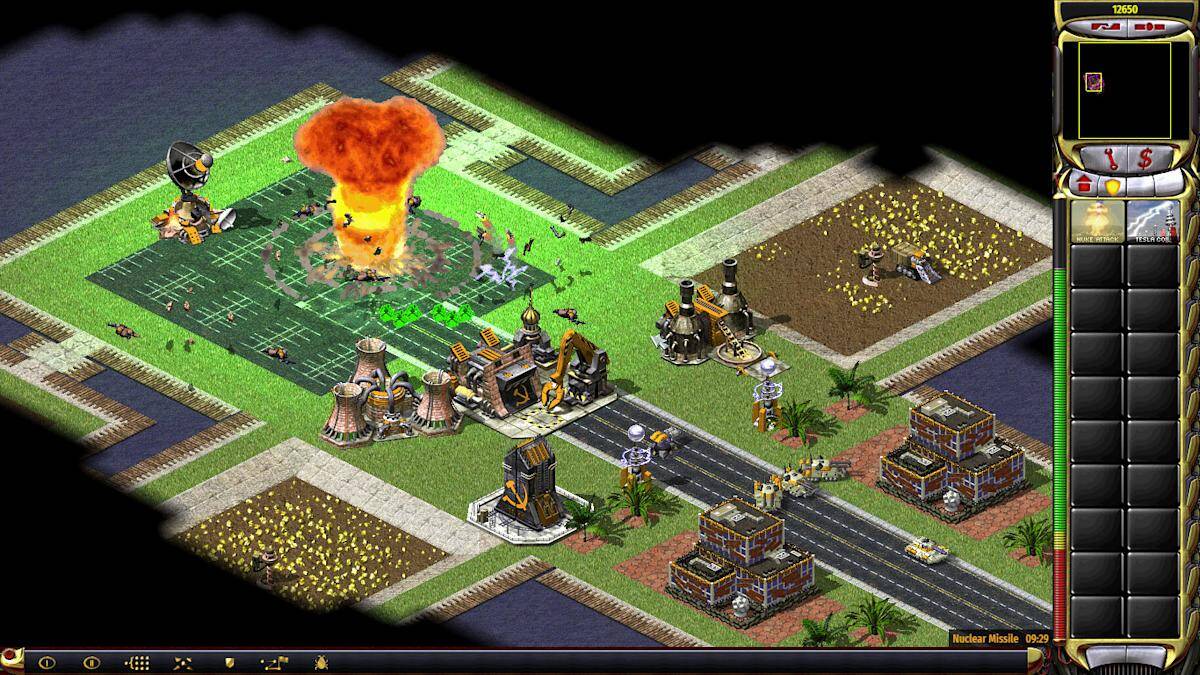How bad will Thanksgiving travel be in the US?
BBC | 20.11.2025 20:00
Experts say the US travel system should stabilise after the shutdown – but with millions hitting the roads and airports, a "normal" Thanksgiving will still feel very crowded.
As the United States emerges from a historic 43-day government shutdown, millions of travellers are preparing for one of the busiest travel weekends of the year. Despite the weeks of disruption across transportation agencies, experts say the system is likely to stabilise in time for Thanksgiving. But a "normal" Thanksgiving still means packed roads, long queues and full flights.
During the shutdown, thousands of federal employees – including Transportation Security Administration (TSA) officers and air traffic controllers – worked without pay, contributing to staffing shortages at airports and national parks. To address this, the Federal Aviation Administration (FAA) issued an emergency order that temporarily restricted US airspace and mandated flight reductions, leading to airport delays and long security lines. Those restrictions have now been lifted after Congress passed a funding bill that ended the stalemate and allowed the government to reopen.
According to Erik Hansen, vice president of government relations for the US Travel Association, operations should get back to normal fairly quickly. Here's what that means for Americans and visitors looking to travel on or around Thanksgiving weekend.
Air travel: 'Just as functional'
In a 16 November statement, US Transportation Secretary Sean Duffy said that "controllers have returned to their posts and normal operations can resume".
Hansen agrees: "We expect it to take a few days to get back to [normal for our] air travel system," he says. "But by the time we get to Thanksgiving, I think our system will be just as functional as it always is."
According to a travel forecast released by the American Automobile Association (AAA), nearly 82 million Americans will travel at least 50 miles from home this Thanksgiving, by air and road, making it one of the busiest Thanksgivings on record and outpacing summer's peak holiday weekends, Memorial Day and 4 July.
Hansen notes that many travellers cancelled or altered their plans in anticipation of a prolonged shutdown, which could mean lower-than-usual airfares – and potentially a bit more traffic on the roads. He also predicts that last-minute Thanksgiving airfare deals may make for an even busier airport experience. Travellers are encouraged to show up early for flights and expect long lines.
Piling into the car to sit in traffic on the way to a family Thanksgiving celebration is a longstanding US tradition. Just how much traffic to expect is tied to what's going on in the air.
"[AAA expects that] 73 million people will travel by car," spokesperson Aixa Diaz told the BBC, "That number could end up being higher if some travellers decide to take road trips to avoid airports."
According to AAA's forecast, there will be an additional 1.3 million people on the road compared to last Thanksgiving. Beating the rush means getting out early, with AAA recommending travellers leave before noon on 25 November or before 11:00 on 26 November to avoid the worst traffic. Return drives are predicted to be busiest from 11:00 to 20:00 on Sunday 30 November.
Advice? Fill up with petrol the day before you leave to minimise wait times.
Long-term effects
Although Thanksgiving weekend is expected to run smoothly, experts predict some degree of travel-industry fallout as a result of the government shutdown. The US is already short almost 3,000 air traffic controllers due to insufficient hiring and limited training capacity, a decade-long issue that Hansen expects may worsen over time if potential new employees grow fearful of job insecurity in the field.
"The fact that essential workers had to work for 43 days without pay, that's not going to inspire you to sign up for what could be a great career in air traffic control," he said.
More like this:
• Three expert tips to take a last-minute break for less
Hansen hopes that with the shutdown over, the FAA can now focus on improving the overall experience for travellers, such as upgrading airport technology and hiring much needed additional staff.
"When travel slows down, America slows down," he said. And when it comes to a festive holiday, it's best to experience that relaxed pace once you've reached your destination.
If you liked this story, sign up for The Essential List newsletter – a handpicked selection of features, videos and can't-miss news, delivered to your inbox twice a week.









